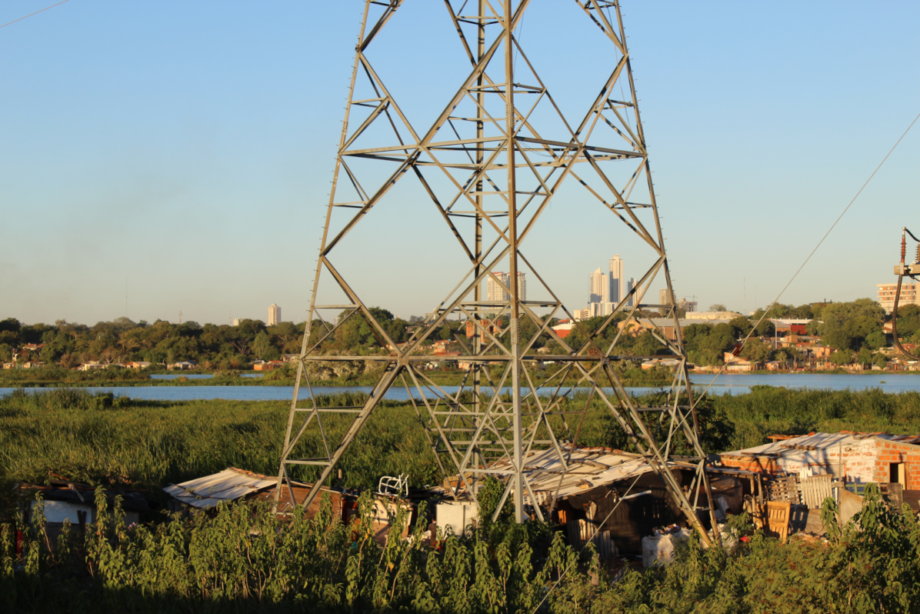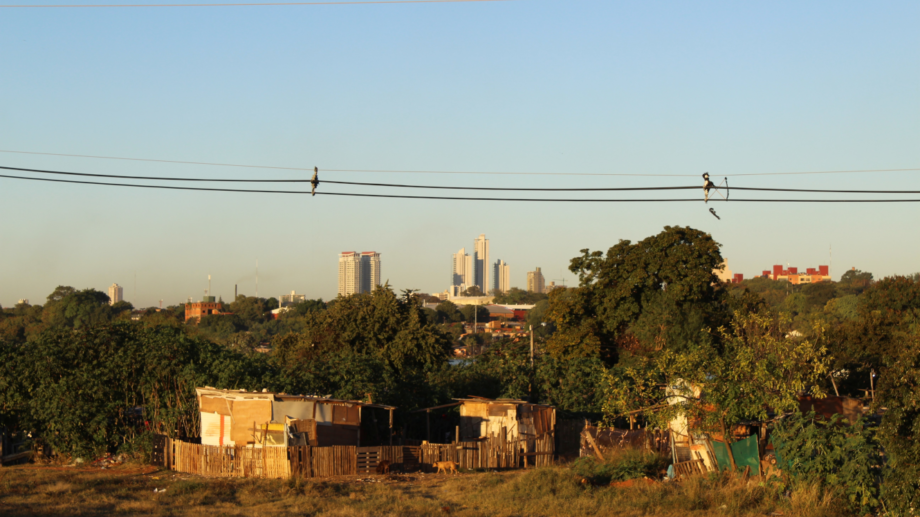Old Crisis Meet New Crisis:
“(New) Coronavirus”, Digitalization of fieldwork and the Century-old Crisis of Representation in Anthropology
Academic life, often, involves a great deal of “social distancing,” and ethnographic research presents itself an opportunity to socialize beyond the comfort of one-owns working desk. After a year and a half immersed in the isolation of books, theories, and western academic environments, the opportunity to start fieldwork in Paraguay was greatly welcome. In late February 2020, I reached Asunción, three days later, all international borders were close, and the country entered one of the strictest (and longest) lockdowns in the region. Many of my colleagues were not able to travel to their fieldwork sites, in my case, I “just made it.” I spent three months in Asunción and was repatriated back to Europe in early June. During this time, I faced the difficulties of conducting (and not conducting) research during a pandemic. Under the current conditions, many of us experience an increased pressure to, in one way or another, digitalized our fieldwork. Although technological advances in the mobile technologies, social media, and the wide spread of the internet can facilitate this “adaption,” as ethnographers we are confronted, more than ever, with the century-old questions about “voice” and “representation” in anthropological research.

Figure 1: Asunción city’s River Bay, infrastructures, nature and social inequality. May 2020. Source: Facundo Rivarola.
In an era marked both by climate change well as greater social and political inequalities, my research is concerned with the socio-ecological conflicts that result from emerging hegemonic forms of governing people and the “environment.” It centers on the case of the Paraguayan river and marginalized communities’ struggle over access to urban spaces in the city of Asunción, capital of Paraguay. State-run new urban redevelopment projects deem that floodplains areas of the city “rightfully” belong to the river and that marginalized communities living there should move elsewhere. However, these areas, known as Bañados, were never empty floodplains. Indigenous, mestizos, and rural migrant communities have lived there since colonial times, forming a historically rooted socio-ecology with the neighboring river. My goal is to understand the way(s) in which the recent urban redevelopment projects in Asunción create a socio-ecological conflict between what is understood as the “rights” of the river in direct contradiction to that of marginalized urban communities. In this sense, I am deeply concern with questions about “voice” and “representation,” both of humans as well as the “environment.” I raised the questions of: Who is entitled to politically and socially represent “nature”? How is this capacity to represent claimed? And what are the conflicts that arise from different (and competing) claims of social and political representations (the state, local communities, the private sector, NGOs, etc.)? Ultimately, how is the Paraguayan state claiming to be the “voice” of “nature,” and how, in returned, are marginalized communities “voices” silenced through hegemonic neoliberal policies.
While the discussion of digitalization of the fieldwork can be useful, there is an urgent need to engage with issues concerning inequality and limited access to technology. Furthermore, as ethnographers, we must also ask how the “social” takes place, changes, transfers, or re-invents itself through mobile technologies. Most important, we must remain sensitive to notions about voice and representation as digitalization of our field might further reproduce social and political inequalities. As for any research, there were many moral and ethical decisions to make during my first attempt at conducting fieldwork. Ironically, my research question(s) about “voice” and “representation” became much blurred and, even problematic, during the pandemic, the social-distancing measures and my attempt to digitalize my fieldwork interactions.

Figure 2: North of Asunción city. Electricity cables over a shanty town, somehow connecting the physical and digital spaces of my fieldwork. May 2020. Source: Facundo Rivarola.
The most obvious challenge about “voice” and “representation” when using digital research tools is concerned with issues about “access to technology.” Working with highly vulnerable and impoverished urban communities, forced me to rethink my access to the field and find alternatives ways of gathering information. Having previously established relationships with community gatekeepers, I was initially able to keep a sense of the communities’ situation through text messages and WhatsApp calls. As the economic crisis rapidly worsen, my initial community contacts, who depend on the highly affected informal economy, run out of phone and mobile internet credits. The question of access to technology, in this case, became an issue about prioritizing. It was a matter of dedicating their limited incomes to buying food over phone credits. This is a reality for many human populations around the world. As researchers, committed to do research “with” and not simply “about” ethnographic “others,” we must remain critical about the way(s) that voices can be silenced, and social inequalities reproduced, by the digitalization of our fieldworks.
At the time that face-to-face social relations are being replaced by mobile social interactions, the second, less obvious, challenge to “voice” and “representation” in my research arrived when trying to construct an ethnographic narrative using digital mediums of exchanges. Since my research also involves ethnographic research at state institutions and with top-down decision makers, I started to remotely approach government officials and bureaucrats. Retrieving and accessing online official documents and archives is still limited for many governments around the world. I try to ask for access to documentations and archives by starting an exchange of emails with state clerks and bureaucrats. Sometimes, these emails were successful, and I was able to gather documentations, reports, and other official documents. Often, however, officials would not want to be accountable for “giving away” official documentations. Written email exchanges were often responded in very official and diplomatic ways. Unlike in-person interviews with government officials, when one can stablish some kind of personal rapport with the interviewee, emails exchanges can be much limited and impersonal. In that sense, emails have not been around long enough yet to get all of the intended nuances as a reader. This is the case for both, researchers and informants. A lost email, a short email, a too long email, a non-reply, a misplaced email, all can lead to very odd exchanges. That is, constructing an ethnographic narrative by reconstructing email exchanges can become a very challenging interpretative dilemma.
These are challenging times for academics in general, particularly so for young ethnographers. However, it is also an opportunity to rethink and retheorize the way(s) we conduct research. In this sense, it is certainly not the first-time anthropologists have questioned the methodological dilemmas and conflicts of knowledge production. Questions about “voice” and “representation” have been a century-old anthropological concern. The political, social, economic, sanitary, and environmental context of our time demands, once again, to critically re-engage and profoundly question the way(s) we conduct research.
This article was written in October 2020, in Geneva, Switzerland, while waiting for international borders to open in Paraguay and be able to return to fieldwork site.
My name is Facundo Rivarola, originally from Paraguay, South America, I am a PhD candidate in Anthropology and Sociology at the Graduate Institute Geneva, and a Swiss National Science Doctoral Fellow. My research focuses on socio-ecological conflicts, environmental governance and social inequality in Paraguay. Contact: facundo.rivarola[at]graduateinstitute.ch































